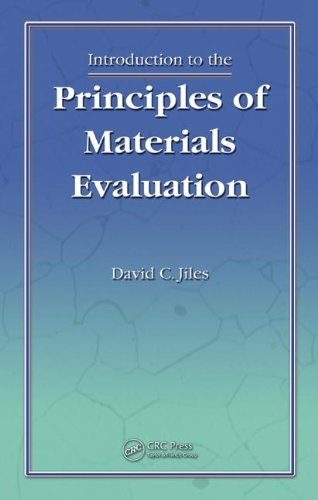

Most ebook files are in PDF format, so you can easily read them using various software such as Foxit Reader or directly on the Google Chrome browser.
Some ebook files are released by publishers in other formats such as .awz, .mobi, .epub, .fb2, etc. You may need to install specific software to read these formats on mobile/PC, such as Calibre.
Please read the tutorial at this link: https://ebookbell.com/faq
We offer FREE conversion to the popular formats you request; however, this may take some time. Therefore, right after payment, please email us, and we will try to provide the service as quickly as possible.
For some exceptional file formats or broken links (if any), please refrain from opening any disputes. Instead, email us first, and we will try to assist within a maximum of 6 hours.
EbookBell Team

4.7
76 reviewsDeveloping an understanding of the way different types of energy interact with materials, the author first discusses relevant physical properties and how to determine them using mechanical, acoustic, thermal, optical, electrical, magnetic, and radiative energy. For the remainder of the book, he systematically examines the testing methods derived from these types of energy, how the methods work, how to identify defects and potential problems, and how to make decisions based on the results. Numerous illustrations, examples, and exercises help demonstrate the concepts and reinforce learning. The book also explores related issues such as choosing between destructive and nondestructive methods, the probability of defect detection, reliability and decision making, and lifetime extension.
This text offers a unified and practical perspective on a wide variety of testing techniques and their effective use. Introduction to the Principles of Materials Evaluation is the ideal choice to give students a strong basis for making effective decisions and gain a firm understanding of materials testing